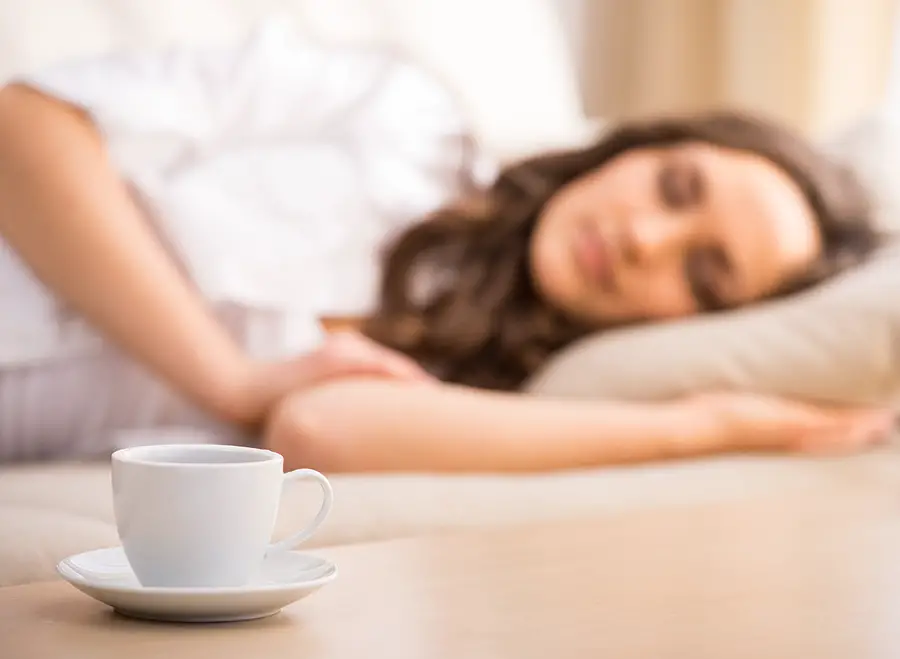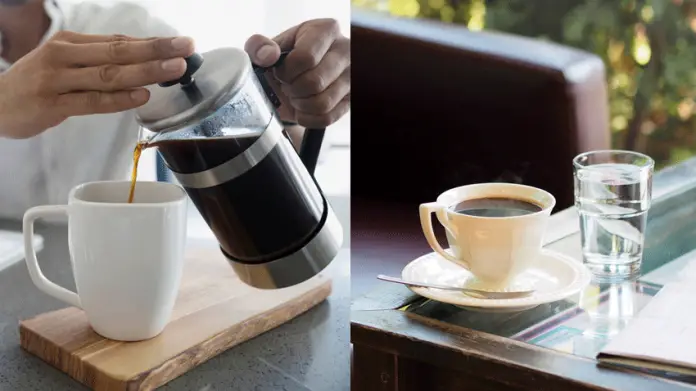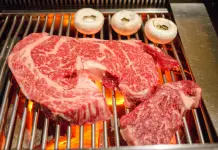Ever heard of a caffeine crash? We’ve all been there before: Unable to focus on our tasks, feeling irritated, and in some cases, it can cause headaches and worse, nausea. Fortunately, you can eliminate or prevent a caffeine crash whenever you drink, say, a cup of coffee or tea by trying these 6 tips below.
1) When You Drink Matters
For (most) of us, we usually drink our first cup of coffee first thing in the morning. Especially if we wake up between 8 am and 9 am, which according to Neuroscience PhD student Steven Miller via Lifehacker.com, is where “our cortisol levels are at their highest”. And while cortisol is primarily related to the stress hormone, it is also linked to our alertness levels. In other words, if you drink coffee when you’re still at an optimum alertness level, you won’t get much of a benefit from the caffeine hit.
Instead, here’s the scientific solution to help maximise your caffeine hit: Try drinking coffee between 9.30 am and 11.30 am and see if it works since it varies from one person to another.
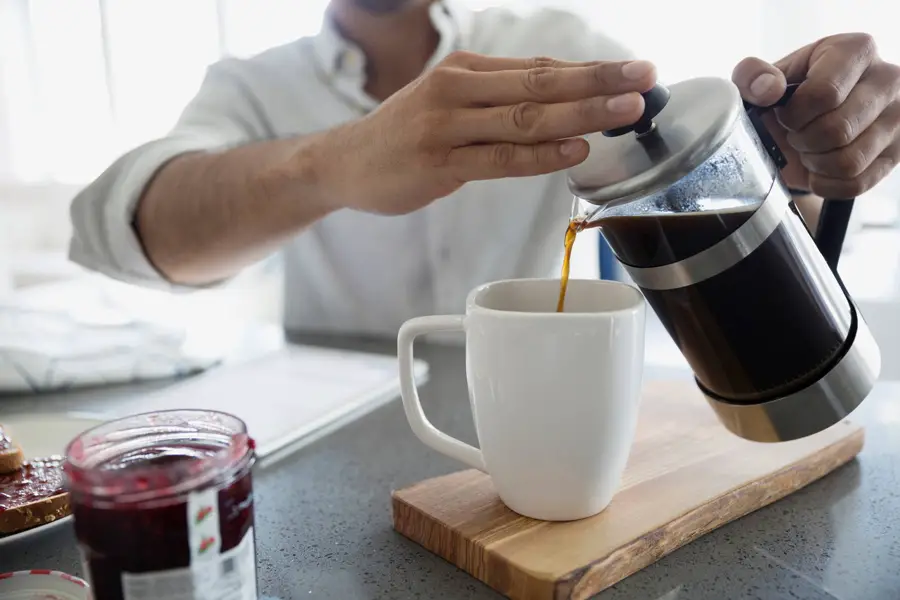
2) Your Sleep… Matters Too
Although coffee or any caffeinated beverage helps to promote alertness, that doesn’t mean you should treat it as a magic potion. This is especially true if you have poor sleep from the night before. While it does give you that jolt of energy after a cup of coffee, you won’t get a sustainable caffeine hit when you are already too tired or deprived of energy.

What’s even worse is that you might end up feeling more tired. So, always try to aim for an adequate amount of sleep. When you lack sleep, you may risk yourself relying on too much caffeine just to stay awake during your wakeful hours.

3) Aim For Moderate Doses Of Caffeine
According to neuroscientist Chris Chatham, who wrote “Caffeine: A User’s Guide to Getting Optimally Wired”, he mentioned that moderate doses of around 20-200 mg of caffeine per hour “may be optimal for that mental boost you’re looking for”. Depending on the type of coffee you drink, each cup contains a different amount of caffeine.
For example, a cup of brewed coffee contains about 70-140 mg of caffeine while a single shot of espresso has around 63 mg (125 mg for a double shot). Instant coffee, in the meantime, contains roughly 30-90 mg per cup. Finally, espresso-based drinks (e.g. cappuccinos, lattes) contain from about 63 mg (single/small) to 125 mg (double/large) of caffeine.
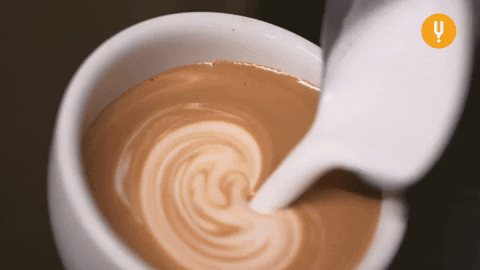
4) Remember To Stay Hydrated
Did you know that water plays an important role in your caffeine hit? Because when you are dehydrated and you happen to rely on caffeine from your coffee to stay awake, it would do you more harm than good. Long story short, dehydration + coffee means you will suffer from a caffeine crash. So, do yourself a favour and make sure you drink enough water every day. Not only staying hydrated on top of having a cup of coffee helps to improve concentration but also prevent us from getting headaches.
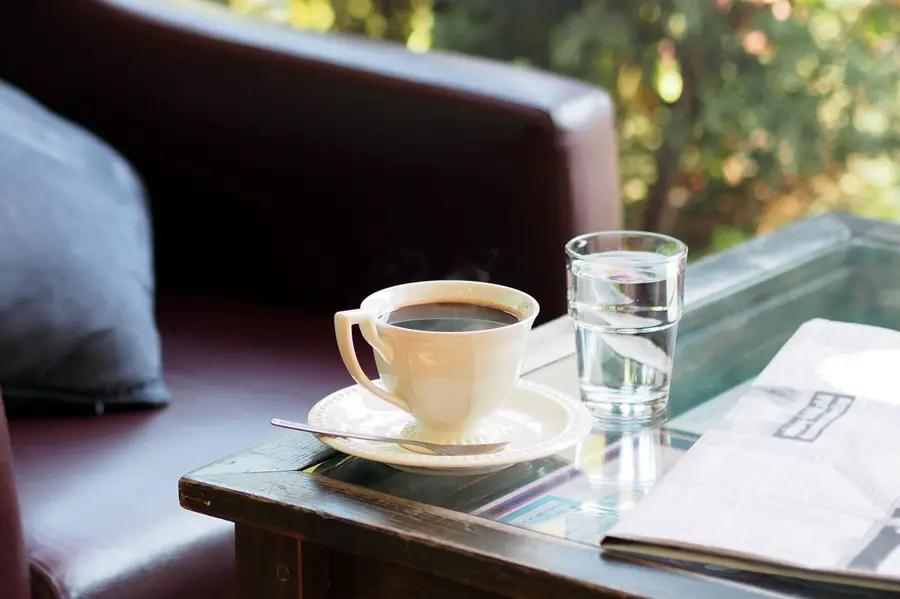
5) Drinking Caffeine On An Empty Stomach Is A No-No
Thinking of reaching for that cup of coffee but you still haven’t eaten a thing? It’s best to re-consider your action since lack of food in your stomach can make you feel tired even quicker. Not to mention drinking coffee on an empty stomach may result in stomach pain and other digestive issues such as heartburn and irritable bowel syndrome (IBS).
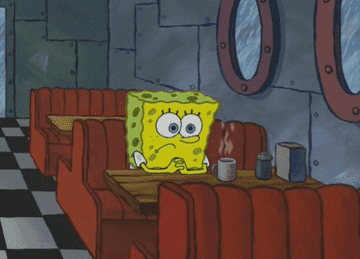
6) Try The Caffeine-Nap Strategy
This may sound odd since it’s common knowledge that drinking caffeine before hitting the bed can mess up our sleep pattern. However, a nap after caffeine is a different story altogether. This is how it works: According to former Google tech designers Jake Knapp and John Zeratsky via CNBC, they mentioned: “Once you hit that lull in your day, let your body get tired [and] drink some caffeine”. Then, followed by immediately taking a quick 15-minute nap. Otherwise known as a caffeine nap, doing so allows the caffeine to kick in at the right time, leaving you to feel fresh and energised.
